Six great spots to explore the outdoors this winter
Here are six great places across the Chesapeake Bay watershed to experience activities you can only enjoy in winter.
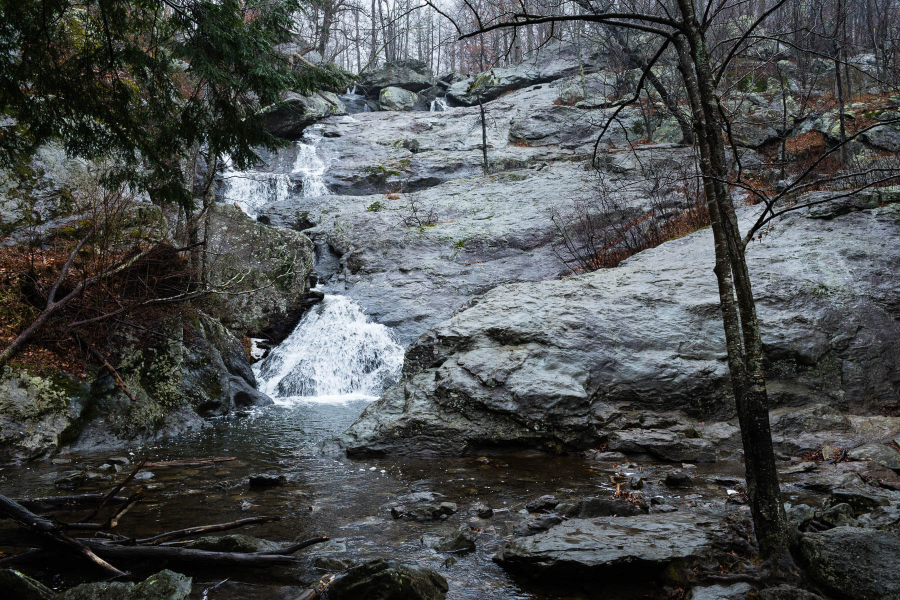
Here in the Chesapeake Bay region, it’s easy to use winter as an excuse for, say, drinking lattes, neglecting your exercise regimen and catching up on your favorite television show instead of getting outdoors. These indulgences provide me with some comfort in the face of frigid temperatures, high winds and slick road conditions.
But as my jeans get tighter and my skin gets paler, I’ve become inspired to conquer the season and all its hazards (realistically speaking, that is). Rather than hibernating like an animal, I’m putting my four-wheel-drive to use and showing winter who’s boss!
From cross country skiing to bird watching to doing donuts on frozen lakes, there are some outdoor experiences you can only have during our coldest season. We’ve compiled a list of six great places across the Bay watershed to experience winter. Just think how much better that hot cocoa will taste after you’ve felt the winter wind in your face!
Berkeley Springs State Park (Berkeley Springs, W.Va.)
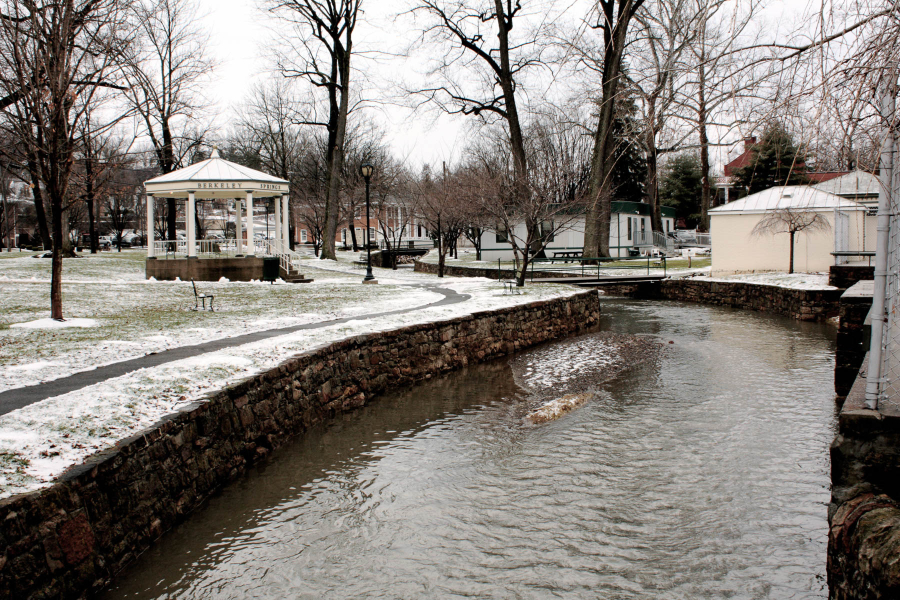
If a winter flu’s got you down, a dip in Berkeley Springs may save your health. George Washington himself frequented Berkeley Springs to bathe in the warm mineral waters that flow from five main sources in the town. The springs discharge 2,000 gallons of clear, sparkling water per minute. The water remains at 74.3 degrees Fahrenheit year-round. It isn’t quite hot tub temperature, but it’s still warmer than a typical winter day.
The town even holds a Winter Festival of the Waters each year, including an International Water Tasting, to celebrate the springs!
Catoctin Mountain Park and Cunningham Falls State Park (Thurmont, Md.)
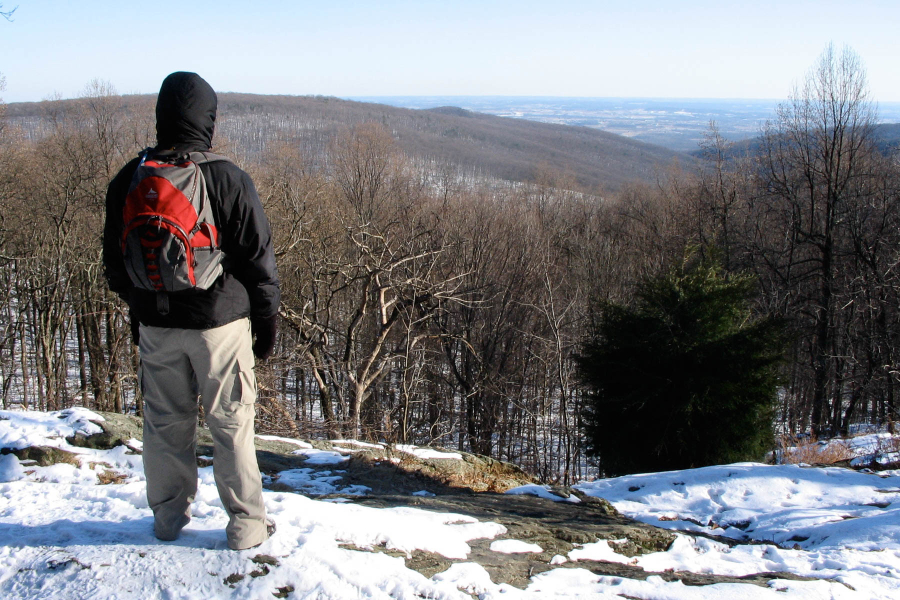
A drive through rolling hills, orchards and farmland will bring you to Catoctin Mountain Park and Cunningham Falls State Park, located the base of the Appalachian Mountains. Rock climbing, trout fishing, cross country skiing, winter hiking and horseback riding are just a few of the activities these recreational areas offer.
The forests covering the parks are known as “second growth.” The “first growth” forest was logged extensively in the 18th and 19th centuries to support local agriculture and produce charcoal for the nearby Catoctin Ironworks Furnace. In the 1930s, the land was set aside and reforested by President Roosevelt’s Work Progress Administration.
Hikers and cross country skiers will come across waterfalls and large, 500 million-year-old boulders. These rocks have been exposed as the Appalachian Mountains have flattened out over time. Trails at Cunningham Falls center around the waterfall for which the park is named. Known locally as McAfee Falls, it is the largest cascading waterfall in the state of Maryland.
Hills Creek State Park (Tioga County, Pa.)
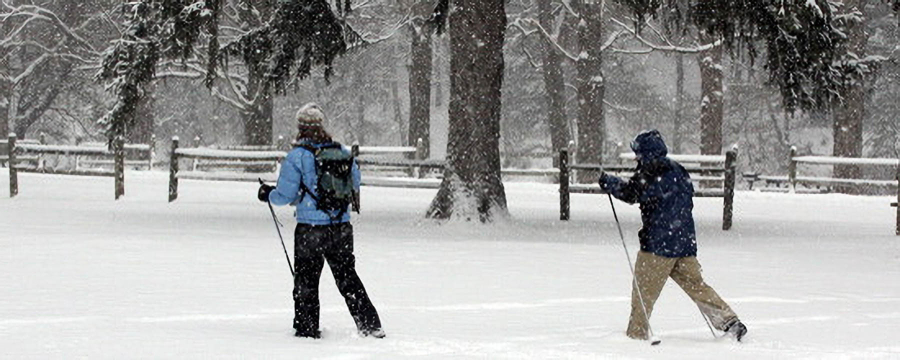
Venture to Hills Creek State Park, near the Pennsylvania/New York border, and you’ll find yourself surrounded by nothing but forests. Four hundred acres of state park land are bordered by nearly 13,000 acres of state game lands, making the park an ideal destination for trappers and hunters. Winter sports fanatics will be in heaven – the park’s five and half miles of trails are open to hiking and cross country skiing in winter.
Take the kids sledding on the hill near the seasonal beach; with adequate snow cover, you’ll be able to fly! If you’re lucky, you may be able to ice skate on the 137-acre Hill Creek Lake. (The park doesn’t monitor ice thickness, but does provide updates on winter conditions.)
Tioga County is also a popular place for ice fishing, and Hill Creek Lake is no exception. Fishermen can expect to find yellow perch, bluegill and even the occasional walleye.
Loyalsock State Forest (near Williamsport, Pa.)

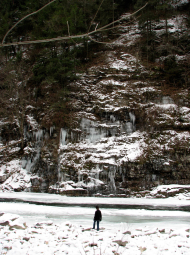
In the winter, scenic mountain vistas are all the more impressive; without any greenery in the way, you can see for miles. For breathtaking winter views, visit Loyalsock State Forest, part of Pennsylvania’s Endless Mountain region. The park’s elevation is relatively high for the Chesapeake Bay watershed, which means you can count on winter conditions every year.
The park manages two trails specifically for cross country skiing, but skiers are welcome anywhere. Thirty-five miles of trails transverse the park, connecting visitors to a 130-mile regional trail system. Snowmobiling is also popular here.
Also, check out nearby World’s End State Park – the name says it all. Like other Pennsylvania state parks, World’s End lends snowshoes to park visitors.
Patuxent Research Refuge (Laurel, Md.)
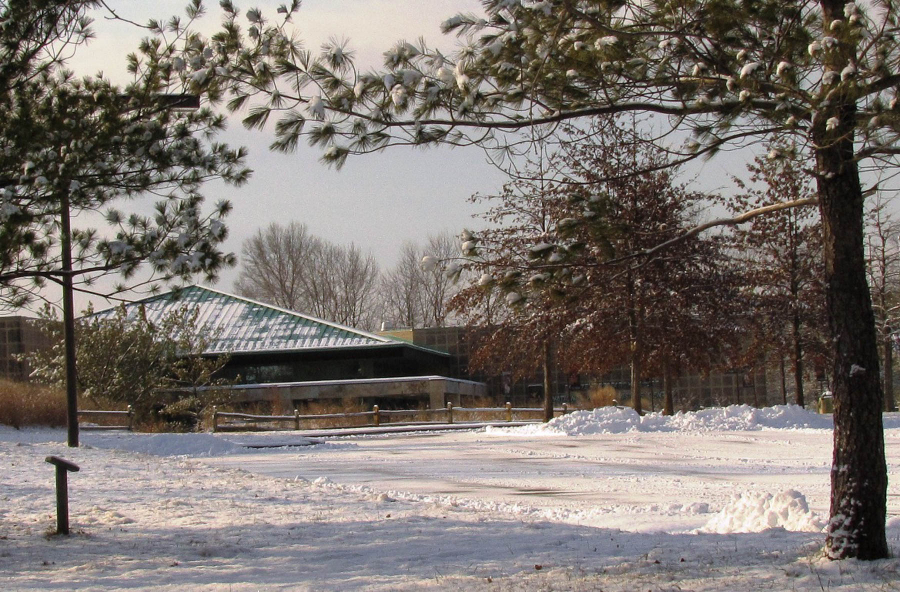
If winter travel isn’t in the cards for you, look no further than Patuxent Research Refuge, the 13,000-acre wildlife refuge halfway between Washington, D.C., and Baltimore, Maryland. You’ll be surprised by how secluded you’ll feel just 20 minutes off I-295 (Baltimore/Washington Parkway).
Borrow binoculars and birding guides from the visitor center and walk the family-friendly trails to catch a glimpse of cardinals, tundra swans and Canada geese. The visitor center also hosts public programs for kids and houses life-sized “stuffed” animals and interactive exhibits that explain the National Wildlife Refuge system.
Seasonal hunting is also popular on the refuges’ North Tract.
Shenandoah National Park (Front Royal, Va.)
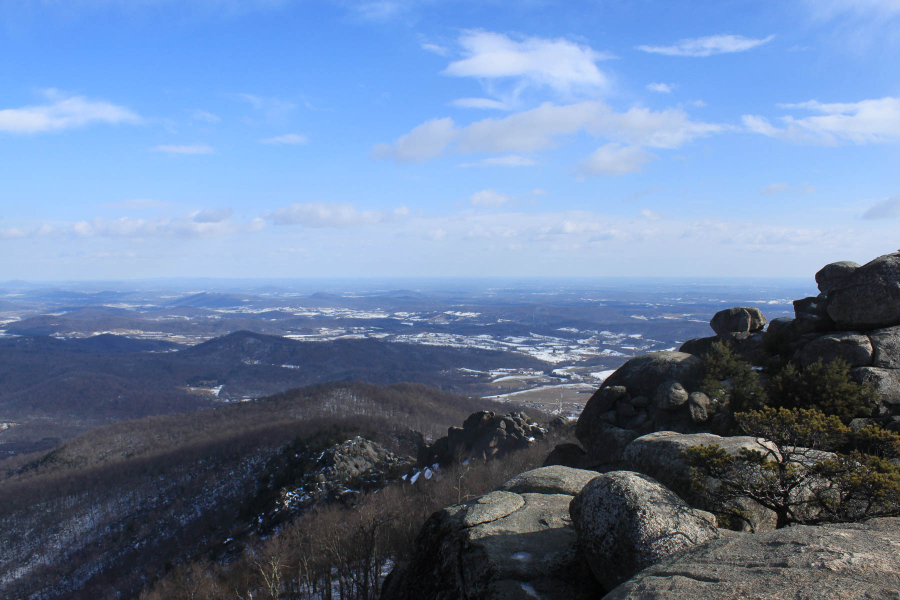
If you’re still itching to get a little snow, head to the southernmost selection on our list. During this time of year, Shenandoah’s weather is unpredictable – often 10-20 degrees cooler than temperatures in the valley. Leafless trees allow you to see for miles across the park’s nearly 200,000 acres. Portions of Skyline Drive and visitors’ services are closed through March, but hiking, backcountry camping and simple Sunday drives are still welcomed! Look for bobcat tracks in the snow along the trails. If you’re brave and fit, check out the magnificent view at the top of Old Rag.
Now you tell us: what’s your favorite Chesapeake Bay place to explore in winter?

Comments
There are no comments.
Thank you!
Your comment has been received. Before it can be published, the comment will be reviewed by our team to ensure it adheres with our rules of engagement.
Back to recent stories